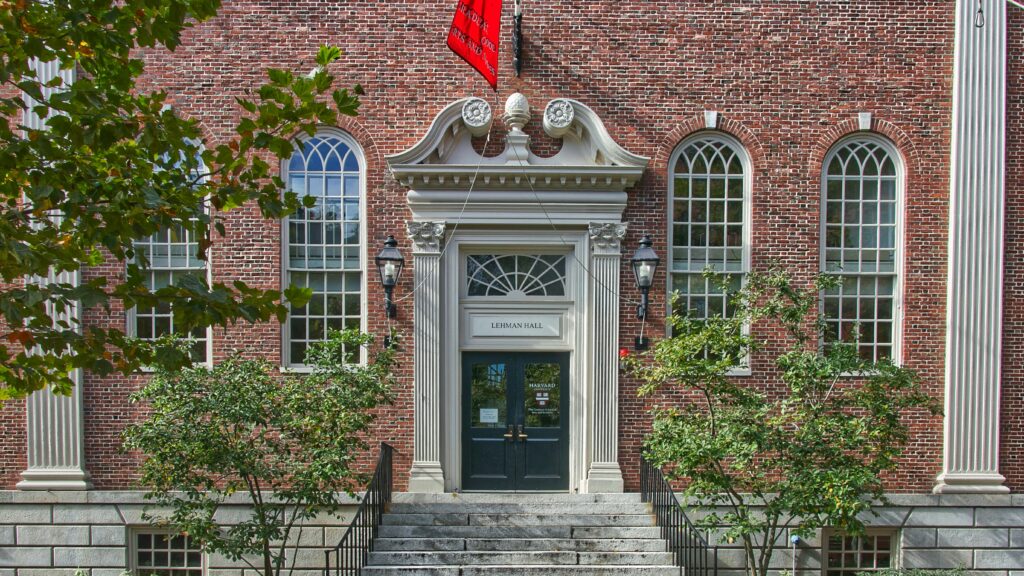The Trump administration is preparing to cancel federal contracts worth roughly $100 million with Harvard University. According to internal sources, a draft order outlining the termination has been circulated within the government. The move is part of a wider plan to reduce federal support for colleges seen as aligned with progressive ideals.
The action comes as tensions grow between the federal government and elite academic institutions. Harvard is among several universities that have faced scrutiny for campus protests and policies viewed as left-leaning. The administration argues that federal funds should not support schools that fail to meet what it calls “basic standards of neutrality and accountability.”
Over the past year, officials have already cut billions in public funding across U.S. higher education. Many of the cuts have focused on programs related to diversity, equity, and inclusion. At the same time, government agencies have begun reviewing how colleges conduct admissions and hiring, with particular attention on fairness and transparency.
In recent months, protests have erupted across American campuses, including Harvard, following global unrest in the Middle East. Some of these protests have faced backlash over alleged antisemitic content. The White House says several universities did not respond strongly enough to those incidents. Officials claim that inaction has led to a climate of hostility and intolerance.
A federal spokesperson stated, “Universities that do not protect the safety and dignity of all students should not expect to receive taxpayer money.” Harvard has rejected this view. The university maintains that it has addressed all concerns according to its policies and insists that it does not tolerate hate speech of any kind.
In a separate move, the administration placed temporary restrictions on Harvard’s ability to admit new international students. Those already studying were told they would need to leave, transfer, or face legal risks to their visa status. Harvard quickly filed a legal challenge, arguing that the new rule was unlawful and harmful to its global student body.
A federal judge granted a temporary block on the restriction, allowing affected students to remain in the U.S. for now. However, the long-term outcome of the case remains uncertain. Legal experts say the lawsuit could set an important precedent for how much control the federal government has over academic admissions.
Harvard has not backed down. University leaders continue to voice strong opposition to what they see as growing political pressure. In a recent statement, the school said it “will defend the values of academic independence and global collaboration, even under threat.”
Experts believe the dispute could affect other leading institutions. “This goes beyond one university,” said Dr. Michael Daniels, an education policy analyst. “It’s part of a much larger debate over the future of higher education in America, and whether it should be shaped by political influence.”
The Trump administration’s actions mark one of the most aggressive steps yet in that debate. For Harvard, the risk is not just financial—it may also impact its global partnerships, research programs, and student population.
As of now, no final decision has been made public. But with $100 million in federal contracts on the line, the outcome will likely shape Harvard’s operations for years to come. This situation is still developing and may change quickly depending on court rulings, public response, and political strategy.
